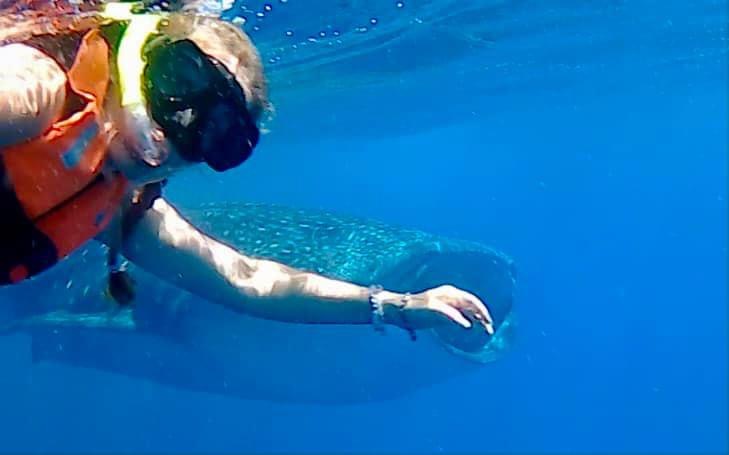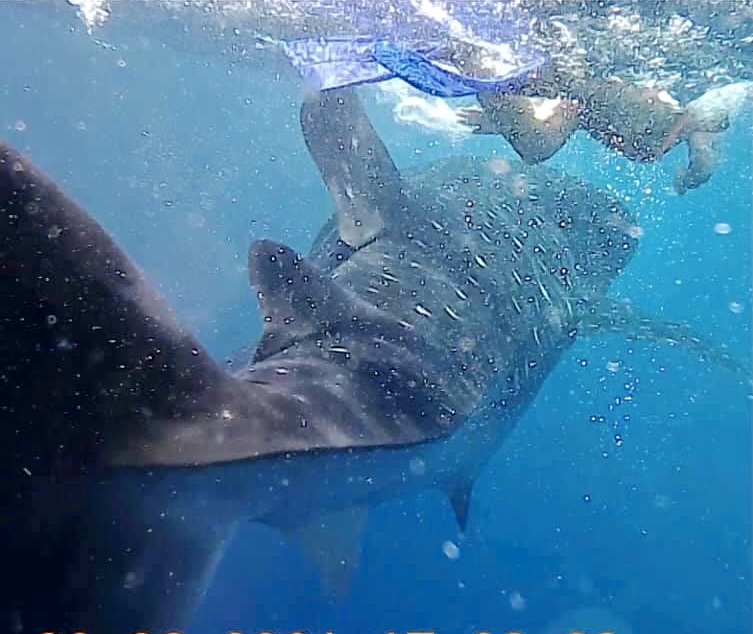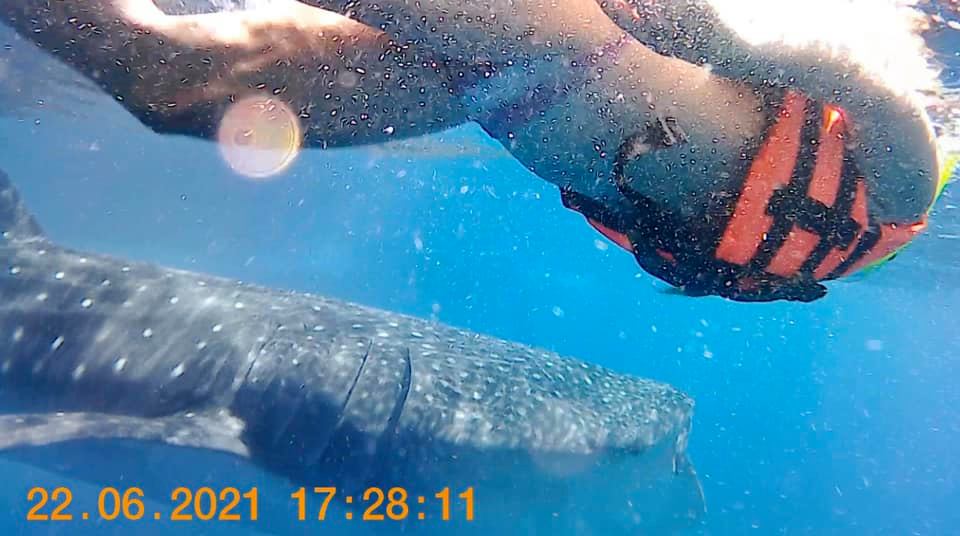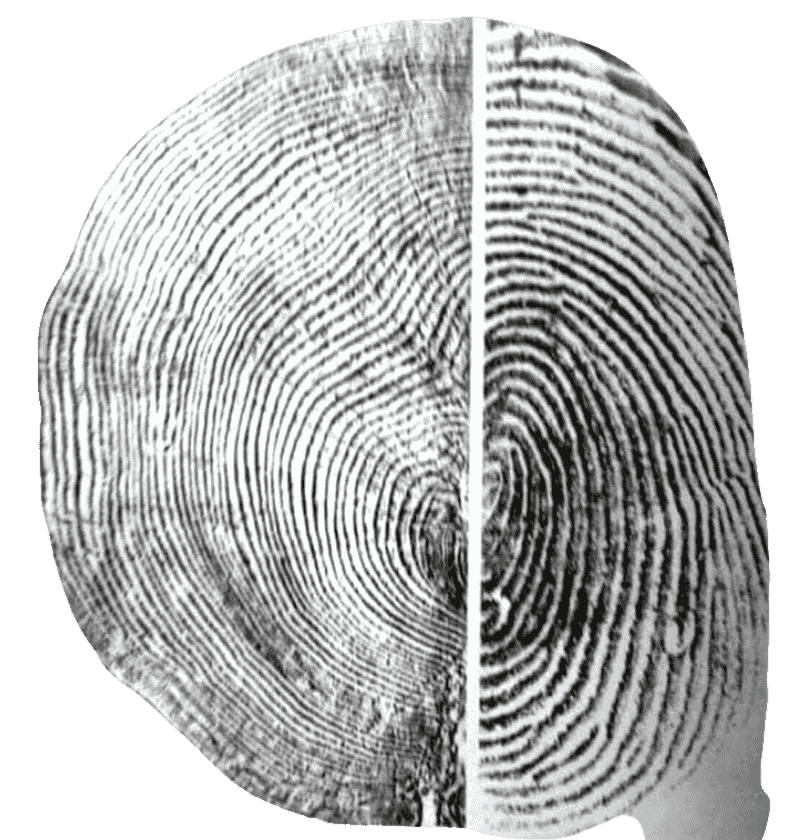Endangered
Whale Sharks are considered “vulnerable to extinction” and are in the Red List of Threatened Species.
Their oceanic home is in danger, and they face threats resulting from human activities such as water-warming climate change, the use of non-biodegradable sunscreen, plastic/waste/toxins/oil spills in the ocean.
In addition, many sharks are accidentally caught in fishing gear or intentionally hunted for their fins, considered a delicacy in Asia.

Largest fish
Although the name is confusing, whale sharks are sharks. The “whale” part of the name refers to size and how the animals eat.
Whale sharks are the largest fish in the ocean and can reach up to 12 meters or perhaps even bigger and weight about 20 tons.
Most importantly, less than 10% of whale sharks that are born are believed to survive to adulthood, but those that do can live up to 150 years.

Filter feeders
The whale sharks are not going to eat you at all. They are one of only three known shark species that filter feed, as baleen whales do, swimming slowly through plankton-rich water, by opening its huge jaws, it absorbs everything that is close to it and later closes them, expels, and filters the water through the gills; everything else that remains inside is ingested. It is capable of processing more than 1,585 gallons (6,000 lt) of water per hour through its gills. Its mouth can be up to four feet (1.2 m) wide, but the whale shark’s teeth are so small that they can only process small shrimp, fish, and plankton using their dermal denticles as a suction filter.
Whale sharks do have teeth but they have incredibly tiny teeth evolved to aid in filter feeding, they really are gentle giants. Whale sharks have no need to bite anything, they simply filter-feed which involves a sucking process. So just to be clear whale sharks don’t eat humans, they have never harmed a human directly or indirectly.







































